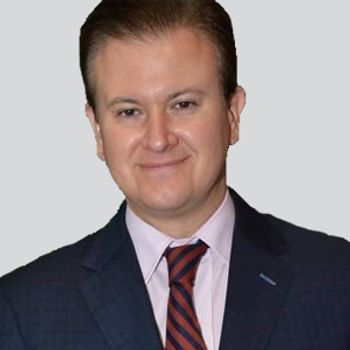
Patients 65 and under were more likely to develop seizures following a stroke than older patients.

Patients 65 and under were more likely to develop seizures following a stroke than older patients.

The beneficial impact on stroke risk appeared to be greater in patients age 79 and younger than in the older patients examined.

The model may help clinicians enact preventative measures for those with migraine with aura at an early stage.
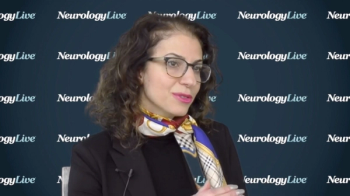
The professor of neurology and epilepsy specialist at the Cleveland Clinic Lerner College of Medicine discussed the difficult treatment decisions faced when undergoing epilepsy surgery.
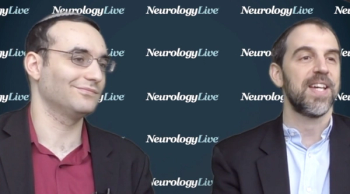
The director of the Pediatric Epilepsy Program and an MD candidate at Weill Cornell Medicine detail the steps needed to take to improve outcomes in status epilepticus.

Page B. Pennell, MD, president of the American Epilepsy Society, shared her thoughts on the epilepsy treatment landscape, managing women with epilepsy, and the need for multidisciplinary involvement and communication.
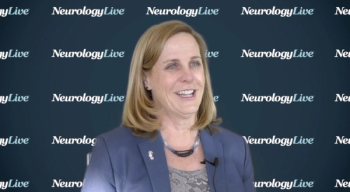
The president of the American Epilepsy Society and director of epilepsy research at Brigham and Women’s Hospital outlined the state of epilepsy care and what we can expect in 2020.
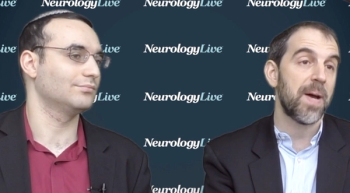
The director of the Pediatric Epilepsy Program is joined by an MD candidate from Weill Cornell Medicine to discuss the protocol used to treat patients with status epilepticus.
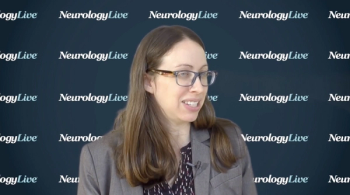
The epilepsy fellow at the hospital of the University of Pennsylvania detailed why locating the seizure onset zone plays a crucial role in successful epilepsy surgery.
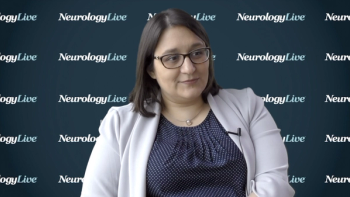
The associate professor of neurology and director of the Women With Epilepsy Program at Northwestern University Feinberg School of Medicine detailed the ongoing questions about assessing the gaps in breastfeeding between women with, and without, epilepsy.

The associate professor of neurology and director of the Women With Epilepsy Program at Northwestern University Feinberg School of Medicine spoke about the findings of the MONEAD study and their implications for women with epilepsy.

The medical director of the Comprehensive Epilepsy Clinic at Nicklaus Children’s Hospital shared his insight into the potential of using an SCN1A-targeted adeno-associated viral vector-based gene therapy in epilepsy.
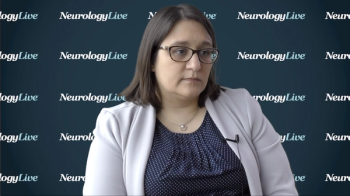
The associate professor of neurology and director of the Women With Epilepsy Program at Northwestern University Feinberg School of Medicine spoke about the need for consistency in the messaging conveyed to women with epilepsy who are having children.
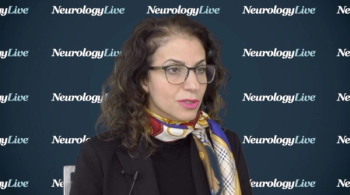
The professor of neurology and epilepsy specialist at the Cleveland Clinic Lerner College of Medicine explains the decision-making process surrounding epilepsy surgery.

Lara Jehi, MD, professor of neurology and an epilepsy specialist at the Cleveland Clinic Lerner College of Medicine, detailed the process and decisions that patients with epilepsy face when considering surgery.
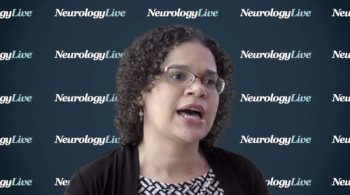
The assistant professor of neurology at the University of Wisconsin detailed the importance of transition clinics for pediatric patients with epilepsy.

Lara Jehi, MD, professor of neurology and an epilepsy specialist at the Cleveland Clinic Lerner College of Medicine, spoke to her work on individualized risk assessments for epilepsy surgery candidates and the impact it can have for both physicians and patients alike.

The associate professor of neurology and director of the Women With Epilepsy Program at Northwestern University Feinberg School of Medicine discussed the rates of breastfeeding among women with epilepsy.
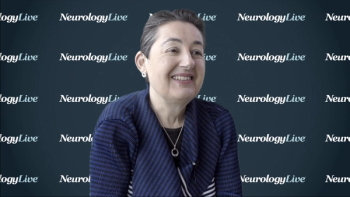
The professor of neurology at NYU Langone Medical Center discussed the importance of these safety data for intranasal diazepam, and why future comparative data would be essential.
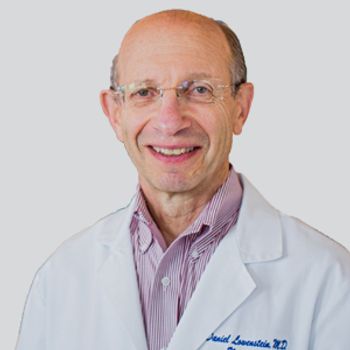
Daniel Lowenstein, MD, professor of neurology and executive vice chancellor and provost at the University of California, San Francisco, discussed the ongoing trials and steps being taken to turn the gut microbiome into a realistic therapeutic option for patients with epilepsy.
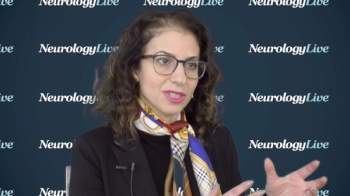
The professor of neurology and epilepsy specialist at the Cleveland Clinic Lerner College of Medicine discussed the research on seizure freedom scores and their influence on individualized clinical care.
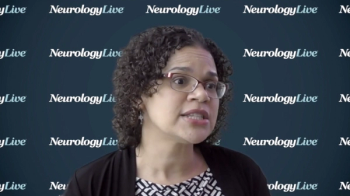
The assistant professor of neurology at the University of Wisconsin provided insight on the additional oversight required when caring for adult epilepsy patients who remain on the ketogenic diet.
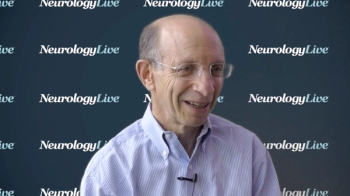
The professor of neurology and executive vice chancellor and provost at the University of California, San Francisco detailed the connection between the gut microbiome and epilepsy.
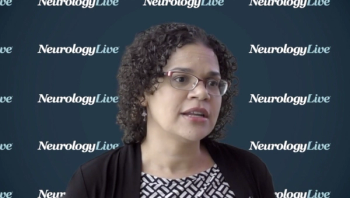
The assistant professor of neurology at the University of Wisconsin discussed the challenges of transitioning patients on the ketogenic diet from pediatric to adult epilepsy care.

Daniel Lowenstein, MD, professor of neurology and executive vice chancellor and provost at the University of California, San Francisco spoke to the research on the gut microbiome and its parallels to epilepsy.
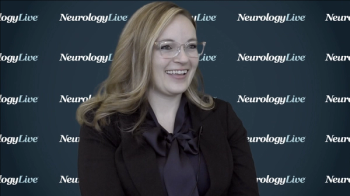
Despite showing great promise to provide additional and supplementary care to patients with a number of conditions, including epilepsy, some barriers remain to bringing telemedicine to more providers and patients.
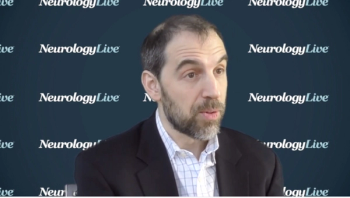
The director of the Pediatric Epilepsy Program at Weill Cornell Medicine detailed ways to utilize quality measures to improve implementation of in patients with infantile spasms.

The director of the Pediatric Epilepsy Program at Weill Cornell Medicine detailed the reasons behind why patients with infantile spasms do not receive recommended care.

The staff epileptologist at Cleveland Clinic’s Epilepsy Center spoke to the benefits of telemedicine for patients with epilepsy, and how the practice can alleviate a number of burdens.

The professor of neurology at NYU Langone offered insight into the state of affairs with current seizure rescue medications and added her insight into how intranasal diazepam may improve the patient experience.